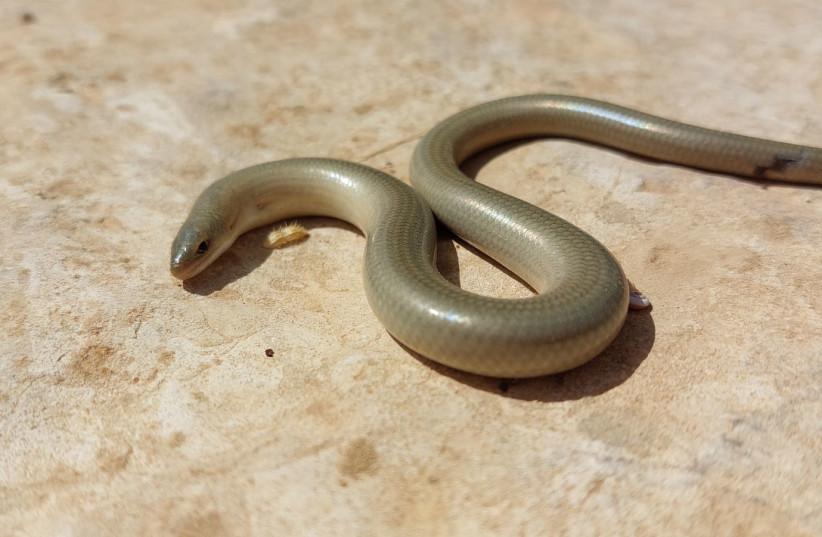A comprehensive international study, including researchers at two Israeli universities found that one in five reptile species on Earth is currently threatened with extinction.
The peer-reviewed study, conducted by the International Union for Conservation of Nature, is the first of its kind. The IUCN has been working on reptile research for the past 18 years, enlisting a conglomerate of 52 researchers and experts during that time.
Israeli professors weigh in
“In general, the state of reptiles in the world is bad,” says Prof. Shai Meiri of Tel Aviv University’s School of Zoology, one of the project's 52 contributors. “It’s worse than that of birds and mammals, though not as bad as that of the amphibians. And of course there are a lot of nuances.
"We see that turtles are in a worse position than lizards and snakes, but that may be because we know more about turtles. Perhaps if we knew more about snakes, we would see that they, too, are in big trouble. Either way, the biggest threat to reptiles is the destruction of their habitats due to agriculture, deforestation, and urban development, and less because of direct hunting, which mainly affects turtles and crocodiles."
Prof. Shai Meiri

Findings of the study show that a total of 1,829 species of turtles, crocodiles, lizards and snakes are in danger of extinction. Furthermore, if those species do become extinct, our planet will lose the fruits of a cumulative 15.6 billion years of evolutionary labor.
“This is important work that forms the initial basis for risk assessment among various reptiles around the world, but is certainly not the end of the story. We still lack a lot of information about the various risks facing reptiles," according to Dr. Uri Roll of Ben-Gurion University of the Negev.
For example, climate change is expected to have significant effects on reptiles," he said. "The current assessment that has just been published does not yet include these future threats in its reptile risk assessments. We still have a lot of work ahead of us.”
The Environment and Climate Change portal is produced in cooperation with the Goldman Sonnenfeldt School of Sustainability and Climate Change at Ben-Gurion University of the Negev. The Jerusalem Post maintains all editorial decisions related to the content.
